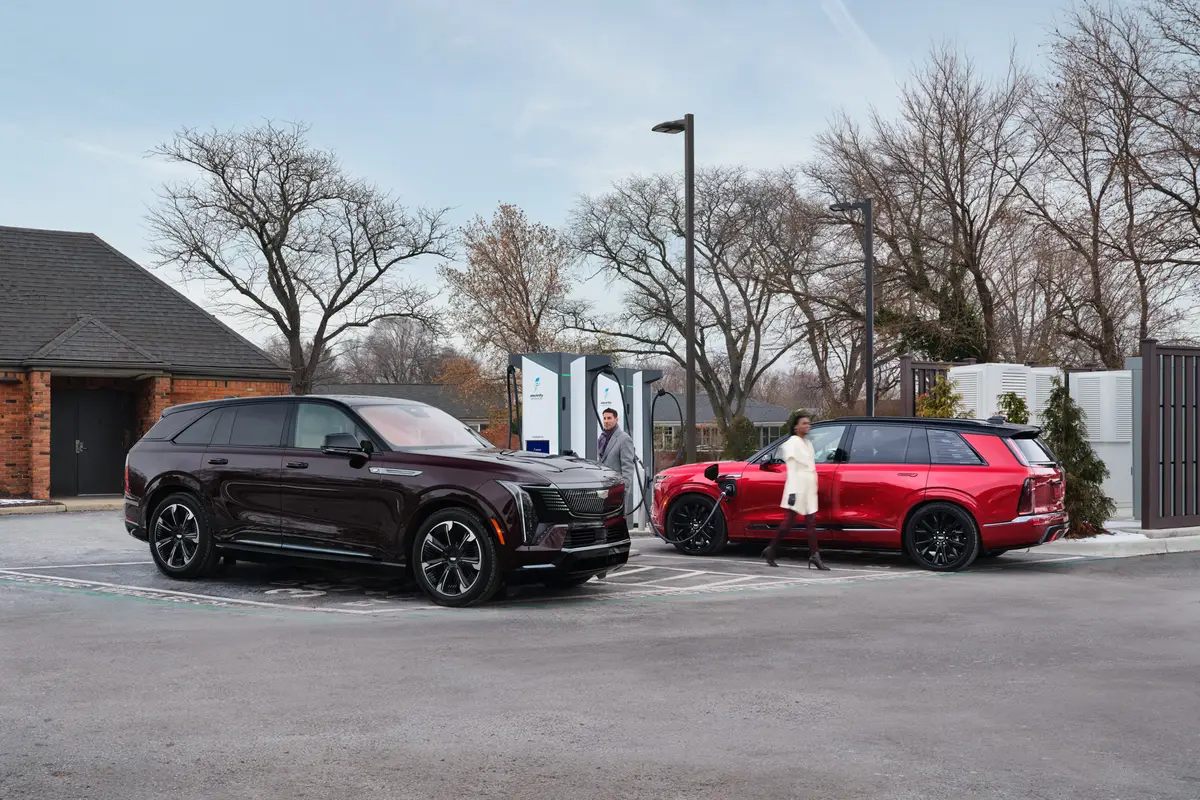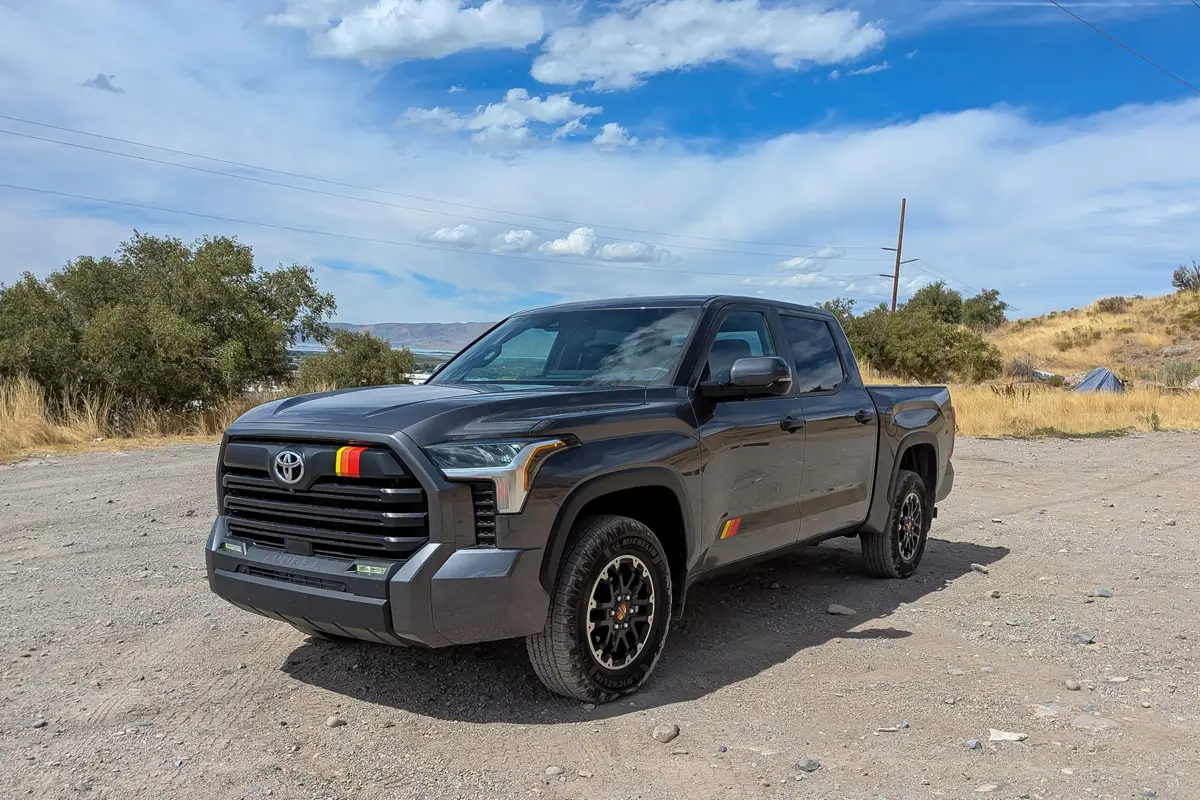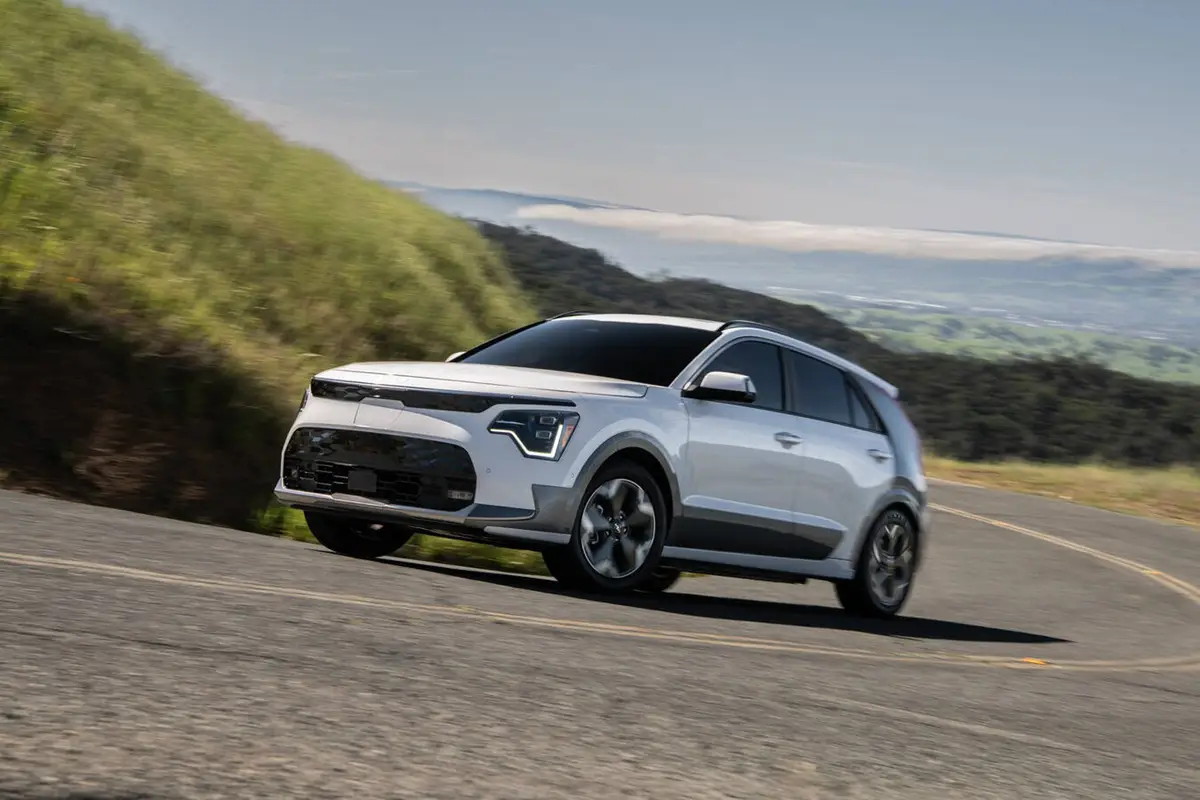Boston.com's view
The calls and e-mails arrive daily.
“I’m looking for something sporty. Something reliable. Not as boring as a Camry (though, they all say, that is a wonderfully reliable car), not as big as an SUV, something that is, you know, fun.”
I tell them to check out the Lexus IS300, the BMW 3 Series, Saabs, Volvos, the new entry-level Mercedes. Ah, they say. Been there and done that, and $30,000 and up is just too much money. They’re into cars, but not that into cars.
Which inevitably leads me to what I think is one of the best bangs for the bucks on today’s automotive landscape: the Volkswagen Jetta.
I love these cars. Love their performance. Their luxury. Their safety features. Their stability. Their price. Start looking at around $18,000 and, even with full leather, the best engine, wood appointments inside, I tell them, you’re only into the mid-20s, and that is around the average price for a car these days.
What they are looking for is sportiness at a reasonable price and the Jetta can deliver that. But what about utility?
Even though the Jetta sedan had outgrown its image as nothing more than a Golf with a real trunk, it still was more a car for the young couple or the single dude or dudette when it came time to head out on vacation. So the added question, posed to me more and more of late, became, “What’s a good sporty station wagon?” And more specifically from some, “Will the Jetta ever be offered as a wagon?”
It’s a question that got answered at this year’s Los Angeles auto show when VW unveiled its Jetta wagon. It would represent, VW folks said, a formidable addition to the Jetta fleet, a model that has sold nearly 1.5 million in the United States since its introduction in 1980.
Station wagons — front-wheel drive, like the Jetta, or all-wheel drive, like several others — are making a significant comeback in the United States. That owes partly to the political incorrectness that has surrounded SUVs in some quarters and partly to folks realizing that many of them don’t really need the sheer bulk or offroad capabilities of an SUV.
So VW has entered the fray with the Jetta wagon.
Inside, it’s fairly spacious. Good leg room and headroom up front. Fair leg room in the rear. The seats are firm and well supported, and three kids (two adults) fit comfortably on the rear bench. Cargo capacity is a respectable 34 cubic feet with the rear seat up; 70.6 cubic feet with it down.
The Jetta wagon will be offered in three models at first, with a fourth coming shortly.
There’s the base GLS 2.0 liter with a 4-cylinder, 115-horsepower engine; a GLS with a 2.8 liter VR6, 174-power engine, and the more luxurious GLX VR6 (as tested) with the same engine but finer interior appointments. A 1.8 liter turbocharged engine, producing 180 horsepower, will be available in future GLS models.
None of this is to say that, starting with the base model, standard features, for both safety and creature comfort, do not abound on the Jetta — part of what makes it such a good buy.
They’ve all got an especially rigid construction, but with critical crumple zones, meant to absorb energy in a crash. Front air bags, side air bags, and front and rear side curtain air bags are standard. There are low tethers for child seat belts and special tethers for car seats. The car has received four- and five-star ratings in several national safety tests.
Four-wheel, antilock disc brakes are standard on all models and traction control is standard on all VR6s.
The suspension is independent struts with a stabilizer bar up front and, in the rear, coil springs and shock absorbers.
Standard creature comforts include an eight-speaker sound system, heated side mirrors, central remote locking, two power outlets, cruise control, power windows and center armrest. Move up to the GLX and you also get automatic climate control, a Monsoon sound system, trip computer, leather seats, and wood interio trim.
The LX was a remarkably stiff yet comfortable car on the road.
In highway travel it moved deftly from lane to lane when passing, was very quiet inside at commuter speeds, and ran like a fine watch.
On back roads, where the travel got twisty, its suspension held moderately firm, with only a hint of body roll. Braking was straight and sure.
Volkswagen has come a long way from the early ’80s when, plagued by some reliability issues, its image became somewhat tarnished. Back then, it was a company trying to find itself again after the heady ’70s. The cars got tinny, cheap, and prone to body rot and engine woes. The People’s Car had become many People’s Problem.
Now, they have made a fine comeback, producing very good cars at very good prices.
In fact, VW will be moving toward the mid-luxury and perhaps even high-luxury market in the years ahead.
There’s an SUV in the works (watch for a name based on a roaming desert tribe), there is every indication that the Microbus shown at the North American International Auto Show in Detroit this year will be built, and the Jetta of the future will include a more powerful version of the VR6 (200 or more horsepower) and Tiptronic shifting.
I don’t know what the latter will mean to pricing in the future, but for now, I consider the Jetta — wagon or sedan — a truly fine buy of a truly fine car.
NICE TOUCH
The gray antiglare treatment given the windshield. Even in low morning sun it really works.
ANNOYANCE
OK, you give us a fold-down armrest/center console. Next time, give it some size and storage capacity.
THE NUMBERS
Base price: $25,400
Price as tested: $26,000
Horsepower: 174
Torque: 181 lb.-ft.
Wheelbase: 99.0 inches
Overall length: 173.6 inches
Width: 68.3 inches
Height: 58.5 inches
Curb weight: 3,334 lbs.
Seating: 5 passengers
Fuel economy: 22.3 miles per gallon
THE NUMBERS’ SOURCE:
Volkswagen of America; fuel economy from Globe testing.
Latest news



